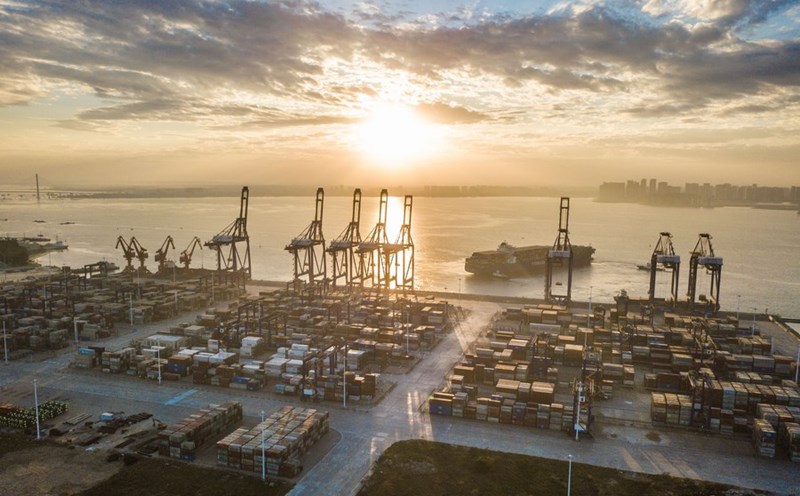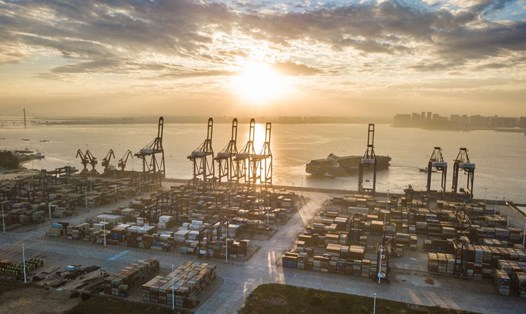Reuters reported that on February 10, shares of metal manufacturers in Asia were severely under pressure after US President Donald Trump announced a 25% tax plan for all aluminum and steel imported to the US. .
The new tax rates expected by Mr. Trump on October 10 (US time) have sparked warnings from steel producers in Asia about affecting prices, profits and output, as well as concerns. Wass out that they can push inflation increases and restrain economic growth.
According to data from the government and the US iron and steel institutes, Brazil, Mexico and some Asian countries are the largest steel suppliers to the US, while Canada is the key source of imported aluminum.
In Korea, the Ministry of Industry said an emergency meeting with steel manufacturers in Seoul to discuss measures to minimize the impact of potential tariffs held on October 10 (local time). .
A representative of Hyundai Steel said that this change could cause export prices to increase and the amount of duty -free steel in the US was reduced by 70%. Meanwhile, the United States has allowed Korea to export tax exempted with a volume of 70% of the average from 2015 to 2017, during the first term of Mr. Trump.
Also according to Reuters, Hyundai Steel is a steel supplier for Hyundai and Kia car factories in the US. Earlier, the company announced it was considering building a new steel factory in the US to minimize the impact of Mr. Trump's tariffs.
In addition, Hyundai Steel shares dropped by 2.9% in the session in the context of Korean steel manufacturers simultaneously discounted.
An analyst at China Futures said that the United States will face a sharp decrease in demand due to rising prices as well as a delay in steel import.
According to analyst, the amount of steel expected to export to the US will be redirected to other countries and regions, including the EU and Asian countries. This will lead to a change in global steel trade model.











